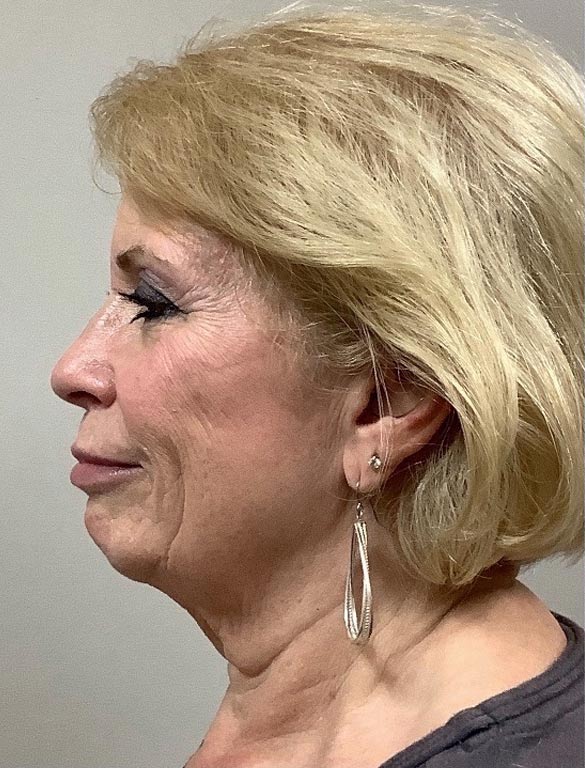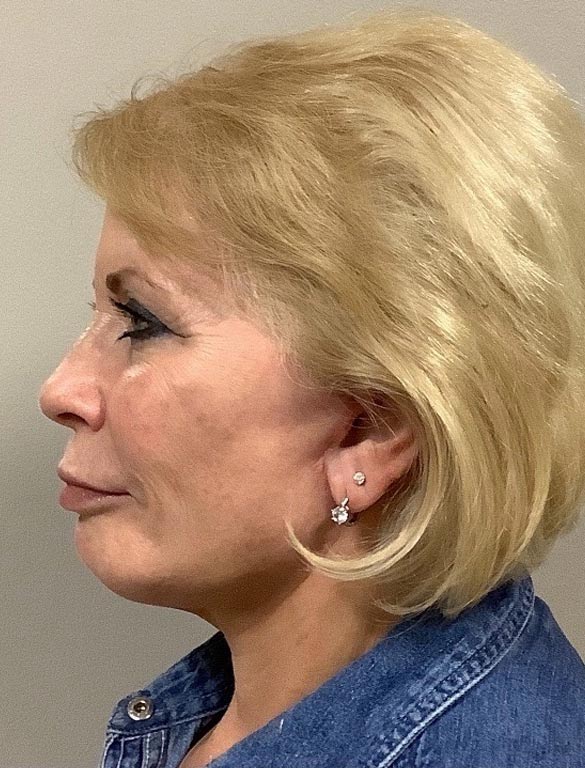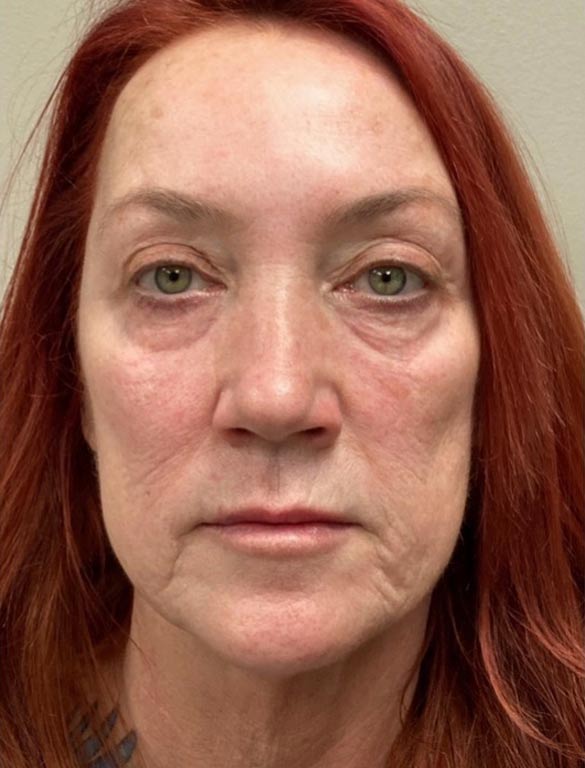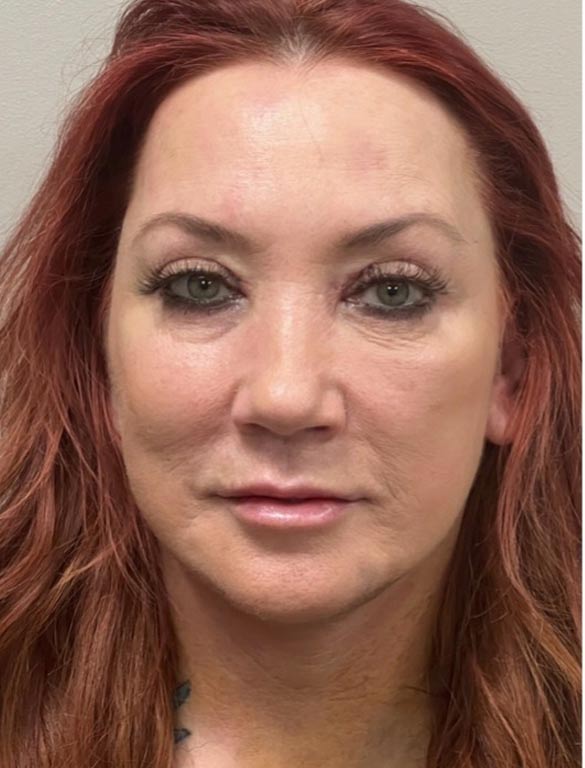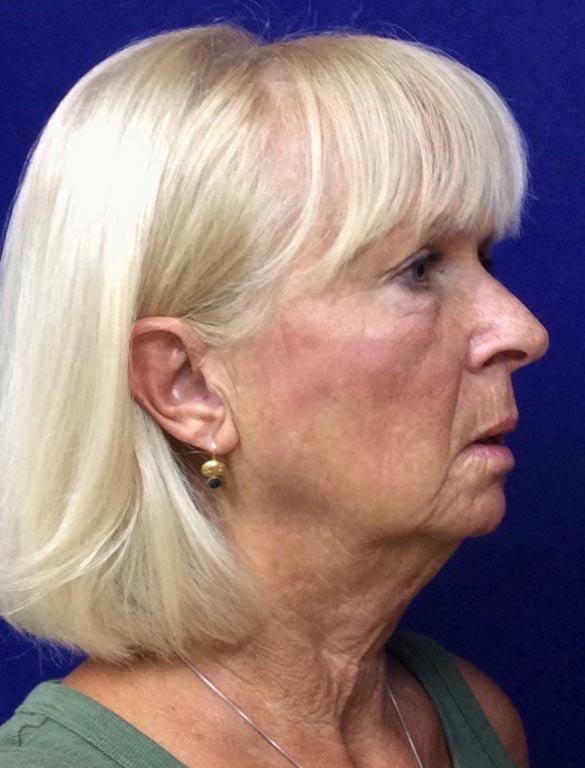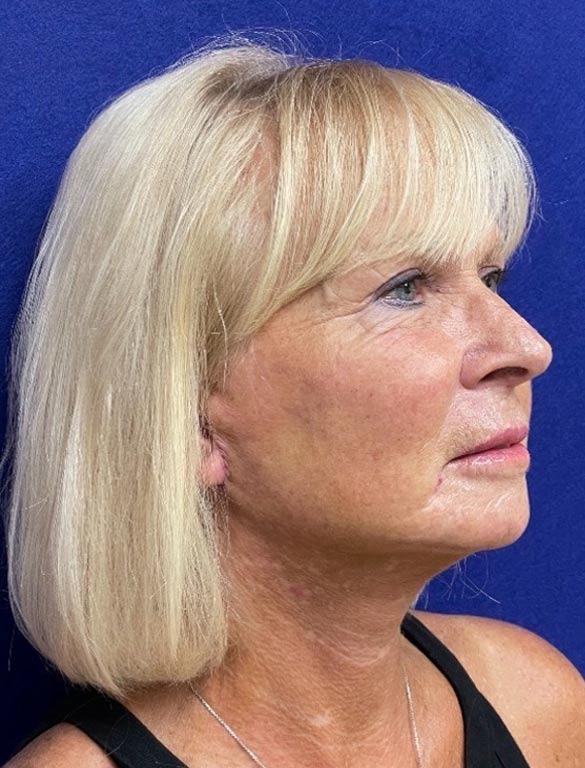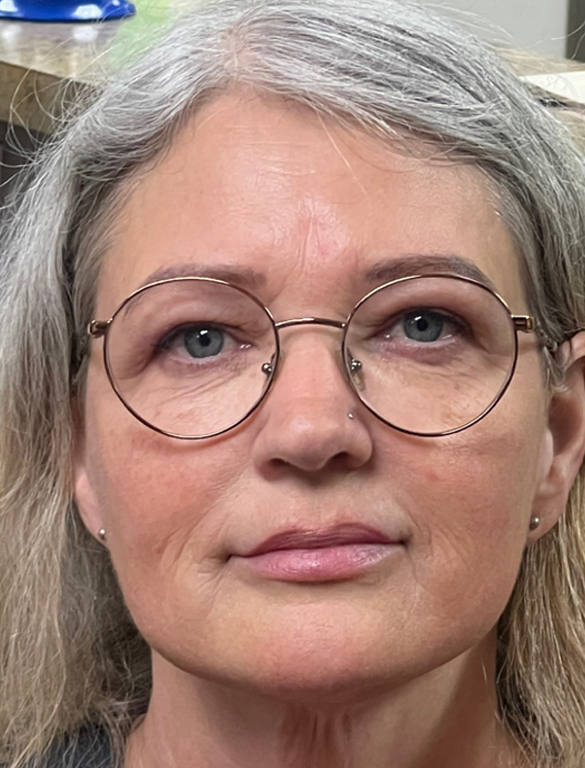Many men and women alike have long sought after solutions to hair loss. Ointments, creams, medications, hair grafting, and toupees have all offered something help restore or hide thinning hair. As hair loss patients continue to look for real solutions, many turn to Platelet Rich Plasma Therapy, or PRP therapy, as a non-surgical option to help stimulate new hair growth.
How PRP Therapy Helps
As new scientific research and technology has emerged to shed light on how wounds and tissues heal. PRP has been discovered to aid in not only improving new tissue growth, but in stimulating the scalp for new hair growth.
PRP contains special cells known as “platelets” which can actually help to cause growth of hair follicles by stimulating stem cells and other cells in and around the follicle. These platelets are known to promote healing while accelerating the degree and rate of tissue regeneration and the formation of new cellular growth. Platelets contain many intracellular structures including alpha granules, lysosomes and glycogen which are released during the repair and healing process to stimulate new growth. So PRP in hair restoration is used to stimulate the inactive hair follicles into a phase of active growth.
Many potential patients want to know if PRP works before they move forward with the therapy process for hair growth. Of course, with any type of therapy, individual results will vary. There are no absolute guarantees with PRP therapy, but there are extensive studies that have been conducted over the years which indicate that most PRP patients respond well to PRP therapy.
Some PRP hair restoration doctors may choose to apply PRP directly to the scalp every couple of months, while others will use PRP either before or during hair grafting surgery. PRP therapy is a non-surgical based therapy for those who are interested in pursuing a natural hair follicle stimulation method for their thinning hair.
Learn More About PRP Therapy Today
There are some who should not undergo PRP therapy treatments, including any patients with a history of heavy smoking, alcohol, or drug use. Those with medical conditions such as any platelet dysfunction syndromes, chronic infections, chronic liver disease, some metabolic or systemic disorders, or chronic skin diseases or cancer are not suitable candidates.
If you’re interested in learning more about the PRP therapy for hair loss method, we encourage you to get in touch with our offices today and schedule a consultation to learn more.

